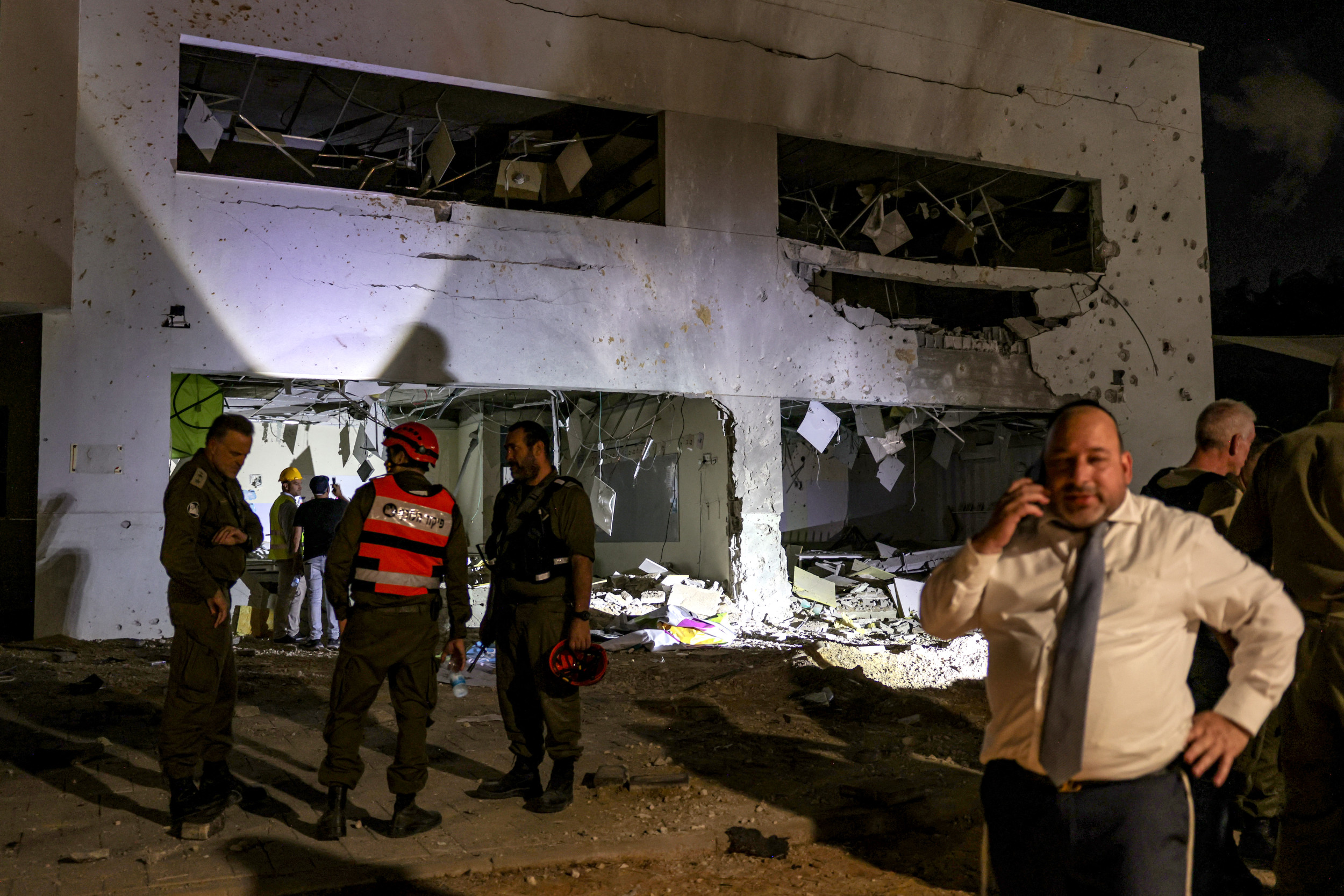In a recent letter, Iran’s U.N. Permanent Representative, Amir Saeid Iravani, addressed the U.N. Security Council President, Pascale Christine Baeriswyl, and Secretary-General Antonio Guterres. In his message, he attempted to rationalize the launch of approximately 180 ballistic missiles by the Israel Defense Forces (IDF) as a necessary act of “self-defense,” citing what he described as “aggressive actions” from Israel.
These “aggressive actions” included the suspected assassination of Hamas leader Ismail Haniyeh in Tehran, injuries to Iran’s envoy to Lebanon resulting from blasts linked to communication issues with Lebanese Hezbollah, and Israeli airstrikes that reportedly killed prominent figures such as Hezbollah’s Hassan Nasrallah.
In his letter, Iravani pointed out that Iran’s response came after a lengthy period of restraint, contrasting with Israel’s “illegal actions” in Gaza, Lebanon, and Syria. As the conflict between Israel and Hamas approaches its one-year anniversary, tensions across the region continue to escalate.
“Iran will not tolerate any aggression towards its national security,” Iravani declared. He emphasized Iran’s readiness to defend its interests and sovereignty, warning that future Israeli actions would prompt a strong and immediate response.

MENAHEM KAHANA/AFP/Getty Images
Iravani also called on the U.N. Security Council to take immediate action against Israel’s alleged war crimes in Lebanon, Gaza, and Syria, urging intervention to prevent an escalation into regional conflict.
IDF spokesperson Rear Admiral Daniel Hagari responded to the situation, indicating that the Air Force would continue its operations in the Middle East, reinforcing Israel’s commitment to protecting its citizens.
Israeli Prime Minister Benjamin Netanyahu convened a security cabinet to address the escalating tensions, cautioning that Iran had made a significant misstep and would face consequences.
Both the White House and Pentagon issued stern warnings about the implications of Iran’s actions, signaling that any missile strikes against Israel could lead to severe repercussions. Meanwhile, President Joe Biden highlighted the strength of U.S.-Israel military cooperation and noted ongoing discussions with Israeli officials about potential responses.
This situation is developing, and updates will follow as new information emerges.
